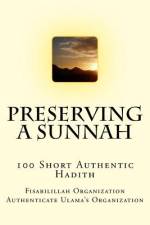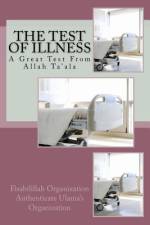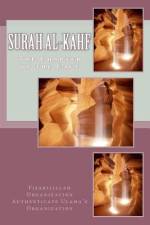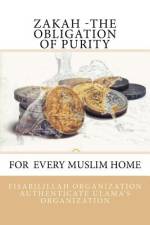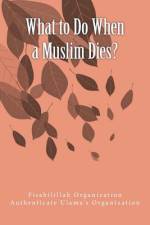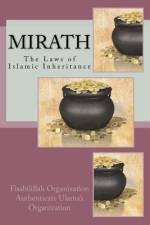- A Great Test From Allah Ta'ala
av Fisa Authenticate Ulama's Organization
141
Life in this world is a great test from Allah Ta'ala, a test to determine the truthful ones from the liars. Allah Ta'ala tests his servants; in particular those who claim to believe and follow the Truth, by placing them in varying circumstances in order to see how they respond. Will they turn to him in humility and faith or turn away through pride and disbelief? Allah Ta'ala has declared, "And be patient and persevering: For Allah Ta'alas with those who patiently persevere." Qur'an, al-Anfal, 8:46 Abu Hurayrah r.a. narrated that the Prophet PBUH said, 'If Allah wishes good for somebody, He afflicts him with trials.' al-Bukhari As believers it is our responsibility to remember that we are not in this world merely to enjoy ourselves, but rather to strive for the betterment of our eternal abode, the Akhirah (Hereafter). Our primary concern should not be how comfortable our lives are in this world, but rather what we have prepared for ourselves in the hereafter. The Prophet PBUH beautifully put the life of this world into perspective when he said, 'This world is the prison of the believer and the paradise of the disbeliever.' Muslim Just as prisoners expect themselves to go through adverse times, away from the freedom and enjoyment they may experience when free; as believers we should expect the same in these short lives of ours. Similarly, just as a prisoner will look forward to the day they are set free to enjoy the freedom they were deprived of, we, as believers, should also look forward to the day we will, hopefully by the grace of Allah, be set free to enjoy the pleasures of Jannah (paradise). This doesn't mean that we cannot worry and strive for the betterment of our lives in this world, but the important point is that worry regarding anything of this world shouldn't become our greatest concern. More...

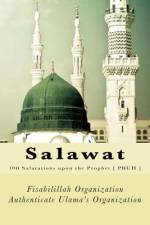
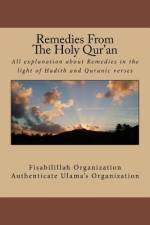
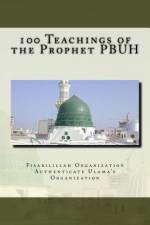
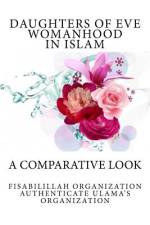
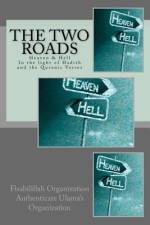
![Words of the Prophet Muhammad [ PBUH ] af Fisa Authenticate Ulama's Organization](https://cdnbackdoor.tales.as/thumbnail/150x225/products/00224/61011/words-of-the-prophet-muhammad-pbuh-200-authentic-ahadith.jpg)
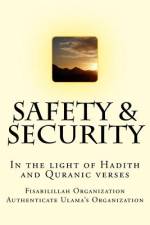
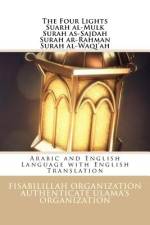
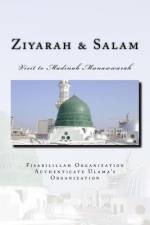
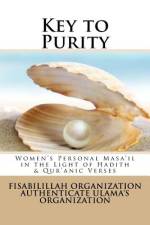
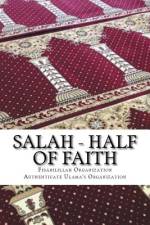
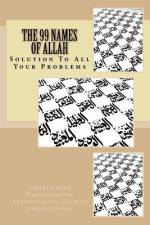

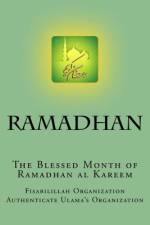
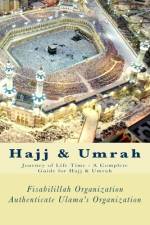
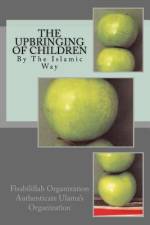
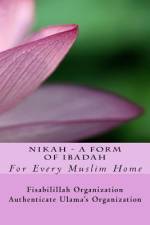
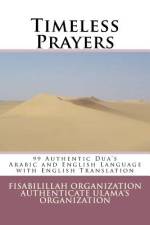
![Medicine of the Prophet [ PBUH ] af Fisa Authenticate Ulama's Organization](https://cdnbackdoor.tales.as/thumbnail/150x225/products/00202/99432/medicine-of-the-prophet-pbuh-tibb-an-nabi.jpg)
